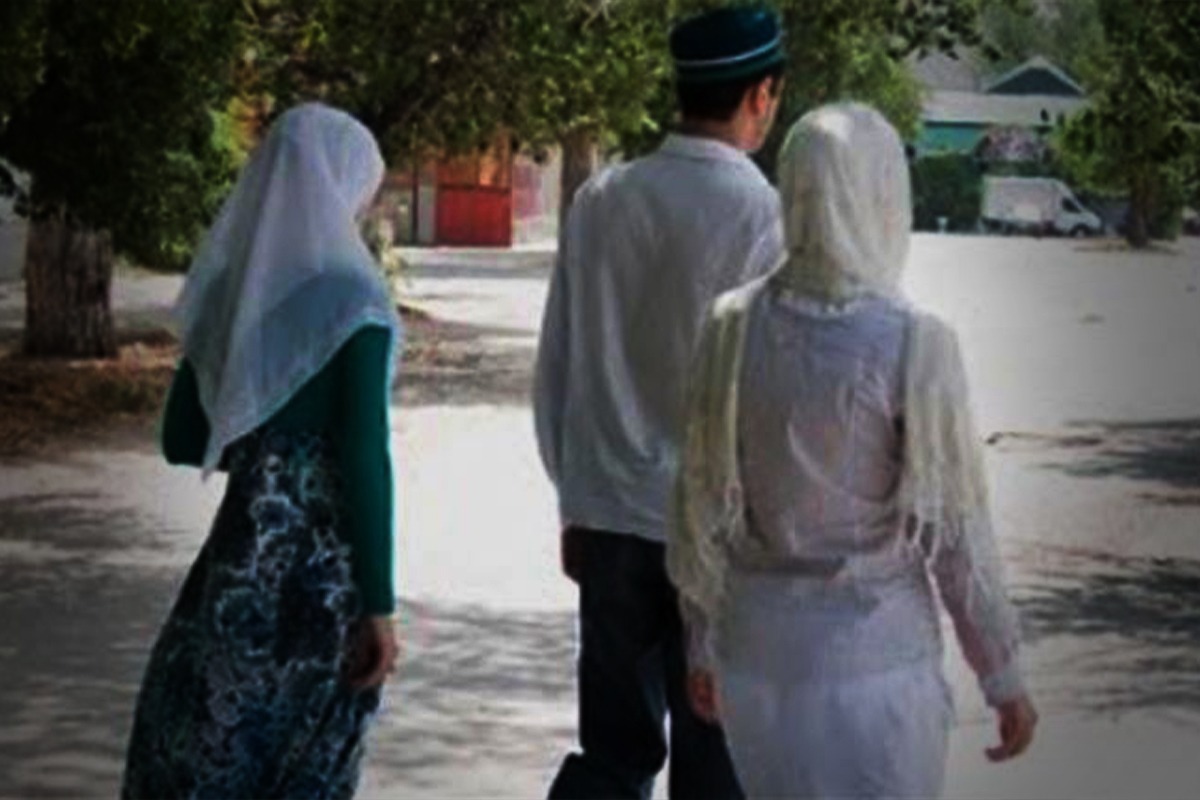
During the crackdown on child marriage in Assam since January this year, Chief Minister Himanta Biswa Sarma revealed that polygamy, both formal and informal, was prevalent in the state.

The Assam government, led by the BJP, has taken a bold step by announcing the establishment of an expert committee to assess the possibility of banning polygamy through legislation in the state. This initiative is seen as a significant push for women’s empowerment as the government enters its third year in office.
During the crackdown on child marriage in Assam since January this year, Chief Minister Himanta Biswa Sarma revealed that polygamy, both formal and informal, was prevalent in the state. As a result, the decision to form an expert committee was made to examine the legal provisions governing polygamy, such as the Muslim Personal Law (Shariat) Act of 1937 and Article 25 of the Indian Constitution, in relation to the Directive Principles of State Policy for a Uniform Civil Code.
Sarma stated that this is not an attempt to move towards a Uniform Civil Code (UCC), but rather a way to address specific issues without enacting a broad umbrella law. The Chief Minister has expressed his intention to declare polygamy unconstitutional through a state act. The Chief Minister emphasized the importance of consensus-building with Islamic scholars and intellectuals, rather than provoking any controversy.
Under the current Sharia and Muslim personal law, Muslim men are allowed to have up to four wives with the consent of all parties involved. Additionally, the practice of nikah halala mandates that if a man wishes to remarry a divorced wife, she must first marry and divorce another man. This complex system has raised concerns about the rights of women and their constitutional entitlements.
The committee, chaired by Justice (Retired) Rumi Phookan, includes members such as Debajit Saikia (Advocate General, Assam), Nalin Kohli (Additional Advocate General, Assam), and Nekibur Zaman (Advocate). The unexpected support from Congress MLA Abdur Rashid Mandal of Goalpara West constituency was also noted, as he endorsed the government’s proposal to end polygamy in the state while emphasizing the need for fairness across all communities.
Polygamy is banned in most countries worldwide, and international organizations such as the UN’s Human Rights Commission (UNHRC) and the Committee on the Elimination of Discrimination Against Women have called for its abolition. Experts argue that polygamy primarily disadvantages women and children, leading to emotional trauma, the violation of constitutional rights, and gender-based discrimination.
Women are particularly affected by polygamy due to the practice of marrying at a young age, abusive relationships, and feelings of betrayal. Children often suffer the most, as escaping polygamy is extremely challenging for them. Experts contend that the continued illegality of multiple marriages is necessary to protect children from neglect and abuse.
While polygamy is generally prohibited in all religious communities in India, except for the Muslim community, international conventions and covenants have recognized its detrimental impact on women’s dignity and advocate for its abolition wherever it exists. According to the National Family Health Survey-5 (2019-20), polygamy prevalence rates were 2.1% among Christians, 1.9% among Muslims, 1.3% among Hindus, and 1.6% among other religious groups in India.
Northeastern states with tribal populations reported the highest incidence of polygynous marriages, with rates ranging from 6.1% in Meghalaya to 2% in Tripura. Southern and eastern states like Bihar, Jharkhand, Odisha, and West Bengal also exhibited a higher prevalence of polygyny compared to North India.
Assam’s decision to address the issue of polygamy head-on demonstrates its commitment to women’s empowerment and challenging societal norms. By initiating a comprehensive examination of the legal landscape surrounding polygamy, Assam sets an example for other states to follow in their pursuit of gender equality and social progress.